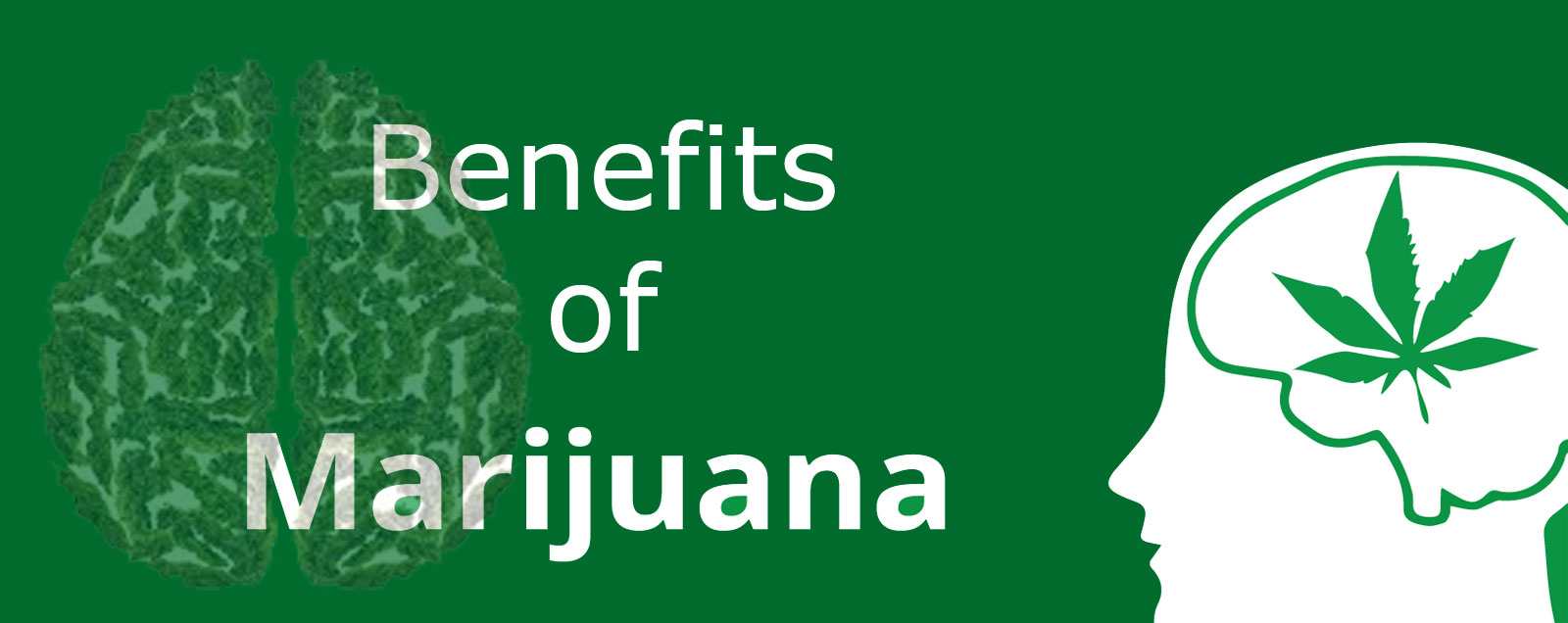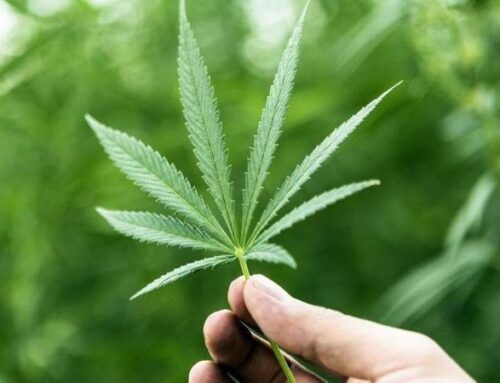The use of medical marijuana continues to be an emotionally and politically charged issue. Although cannabis oil preparations have been used in medicine for millennia, the concern over the dangers of abuse led to the banning of the medicinal use of marijuana in the 1930s.
Only recently, marijuana and chemically related compounds have come back to being considered of therapeutic value. A prominent compound found in marijuana or cannabis, CBD, or cannabidiol, has shown to treat numerous diseases. Researchers believe that in view of the very low toxicity and the generally benign side effects of CBD, neglecting or denying CBD benefits and its clinical potential is simply unacceptable.
CBD is known to Relieve Pain and Inflammation
Natural pain relief is perhaps the most common benefit of CBD. The evidence suggest that cannabinoids are useful in pain moderation and control by inhibiting neuronal transmission in pain pathways (ie blocks the pain).
According to a 2007 meta-analysis conducted in Canada, the combination of CBD and THC buccal spray was found to be effective in treating neuropathic pain in multiple sclerosis, which can be debilitating for 50 to 70 percent of MS patients.
Antipsychotic Effects
Research shows that CBD benefits include producing antipsychotic effects. (are a class of medication primarily used to manage psychosis (including delusions, hallucinations, paranoia or disordered thought), principally in schizophrenia and bipolar disorder.) Additionally, studies show that CBD prevents human experimental psychosis and is effective in open case reports and clinical trials in patients with schizophrenia, with a remarkable safety profile.
Reduces Anxiety
Studies using animal models of anxiety and involving healthy volunteers clearly suggest an anxiolytic-like effect of CBD. Cannabidiol has been shown to reduce anxiety in patients with social anxiety disorder and researchers suggest that it may also be effective for panic disorder, obsessive compulsive disorder, social anxiety disorder and post-traumatic stress disorder.
Helps to Fight Cancer
Several scientific reports demonstrate that CBD benefits include possessing antiproliferative, pro-apoptotic effects that inhibit cancer cell migration, adhesion and invasion. A 2006 study published in the Journal of Pharmacology and Experimental Therapeutics found for the first time that CBD potently and selectively inhibited the growth of different breast tumor cell lines and exhibited significantly less potency in non-cancer cells.
In 2011, researchers added light on the cellular mechanism through which CBD induces cell death in breast cancer cells. They showed that CBD induced a concentration-dependent cell death of both oestrogen receptor-positive and oestrogen receptor-negative breast cancer cells. They also found that the effective concentrations of CBD in tumor cells have little effect on non-tumorigenic, mammary cells.
CBD behaves as a non-toxic compound and studies show that doses of 700 milligrams per day for 6 weeks did not show any overt toxicity in humans, suggesting that it can be used for prolonged treatment. Not only does the research show that CBD benefits including being effective in fighting breast cancer cells, data also suggests that it can be used to inhibit the invasion of lung and colon cancer, plus it possesses anti-tumor properties in gliomas and has been used to treat leukaemia.
Relieves Nausea
Cannabis has been used for centuries for the suppression of nausea and vomiting. Research has revealed that among more than 80 cannabinoid compounds found in marijuana, both the intoxicant THC and the non-intoxicant CBD helps to get rid of nausea and vomiting in animal studies. A 2012 study published in the British Journal of Pharmacology found that CBD benefits including possessing anti-nausea and antiemetic effects when it was administered to rats. Researchers found that CBD acts in a diphasic manner, meaning that in low doses it suppresses toxin-induced vomiting, but in high doses it increases nausea or has no effect.
Treats Seizures and Other Neurological Disorders
A 2014 survey conducted by researchers at Stanford University was presented to parents belonging to a Facebook group dedicated to sharing information about the use of cannabidiol-enriched cannabis to treat their child’s seizures. Nineteen responses met the inclusion criteria for the study: a diagnosis of epilepsy and current use of CBD-enriched cannabis. The average number of anti-epileptic drugs tried before using CBD cannabis was 12. Sixteen (84 percent) of the 19 parents reported a reduction in their child’s seizure frequency while taking CBD cannabis. Of these, two (11 percent) reported complete seizure freedom, eight (42 percent) reported a greater than 80 percent reduction in seizure frequency, and six (32 percent) reported a 25–60 percent seizure reduction. Other beneficial effects included increased alertness, better mood and improved sleep; while side effects included drowsiness and fatigue.
Later in 2014, researchers reported on preliminary results of a study involving children with treatment-resistant epilepsies in an expanded access “compassionate use program.” Patients received a purified 98 percent oil-based CBD extract called Epidiolex, which is made by GW Pharmaceuticals. After 3 months of treatment, 39 percent of the 23 patients had more than a 50 percent reduction in seizures, with a 32 percent median reduction. These preliminary results support the animal studies and survey reports that CBD may be a promising treatment for treatment-resistant epilepsy and it is generally well-tolerated in doses up to 25 milligrams per kilogram of body weight.
Lowers Incidence of Diabetes
A 2006 study found that CBD treatment significantly reduced the incidence of diabetes in non-obese diabetic mice from an incidence of 86 percent in non-treated mice to an incidence of 30 percent in CBD-treated mice. CBD benefits also showed a significant reduction of plasma levels of pro-inflammatory cytokines. A histological examination of the pancreatic islets of the CBD-treated mice revealed significantly reduced insulitis.
In 2013, the American Journal of Medicine published a study that highlighted the impact of marijuana use on glucose, insulin and insulin resistance among U.S. adults. The study included 4,657 adult men and women from the National Health and Nutritional Examination Survey from 2005 to 2010. Of the participants, 579 were current marijuana users and 1,975 were past users. The researchers found that current marijuana use was associated with 16 percent lower fasting insulin levels. They also found significant associations between marijuana use and smaller waist circumferences, a factor connected to the onset of diabetes symptoms.
Promotes Cardiovascular Health
A 2013 study published in the British Journal of Clinical Pharmacology reports that CBD protects against the vascular damage caused by a high glucose environment, inflammation or the induction of type 2 diabetes in animal models; plus, CBD proved to reduce the vascular hyperpermeability (which causes leaky gut) associated with such environments.








Leave A Comment
You must be logged in to post a comment.